
News





Increasing temperatures will enlarge Europe's seasonal window for the potential spread of mosquito-borne viral disease, expanding the geographic areas at risk for a dengue epidemic to include much of Europe. The findings by researchers at Umeå University in Sweden are published in the journal EBioMedicine.

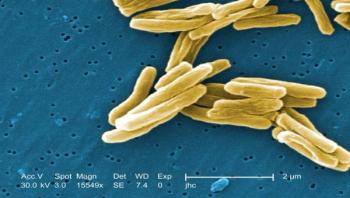
Scientists at the University of Queensland and the University of California San Francisco have found a new way to inhibit the growth of the bacterium that causes tuberculosis (TB). UQ School of Chemistry and Molecular Biosciences deputy head professor James De Voss said the discovery held promise for the development of treatments.
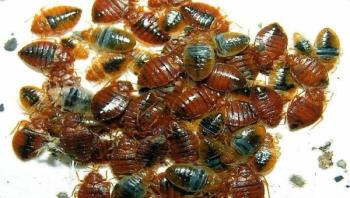
In order to determine where bed bug outbreaks are occurring and the best way to prevent and control infestations, entomologists examined 2,372 apartments in New Jersey and looked at factors such as the age, race, and gender of the inhabitants. The results are published in the Journal of Medical Entomology.


The World Health Organization (WHO) and Ministry of Health teams in Liberia and Guinea are investigating the origins of transmission in Liberia’s latest flare-up after learning that a woman who died from Ebola in Liberia last week had recently traveled from Guinea with her three young children.




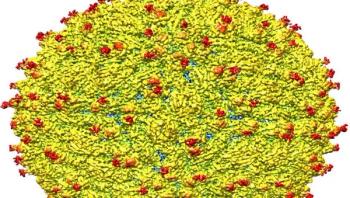
A near-atomic level map of Zika virus shows its structure to be largely similar to that of dengue virus and other flaviviruses, but with a notable difference in one key surface protein, report scientists funded by the National Institute of Allergy and Infectious Diseases (NIAID), part of the National Institutes of Health. The variation in the Zika envelope (E) glycoproteins-- 180 of which are packed on the virus's outer shell-- may provide clues to better understand how Zika virus enters human cells and suggests ways to combat the virus with drugs or vaccines aimed at the newly detailed region.


Hundreds of people who may have been in contact with eight individuals infected with Ebola virus in Guinea’s southern prefectures of Nzérékoré and Macenta have been vaccinated with the experimental Ebola vaccine in a bid to contain the latest flare-up of Ebola.
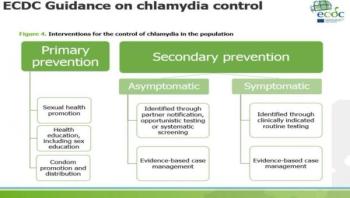
They are young and mostly female: with more than 3.2 million reported cases between 2005 and 2014, chlamydia remains the most commonly reported sexually transmitted infection (STI) across Europe. As chlamydia infection often shows no symptoms, these numbers underestimate the true picture. The updated ECDC guidance, "Chlamydia Control in Europe," makes the case for national chlamydia control strategies in the European Union member states and shows ways to develop, implement or improve national or local control activities.

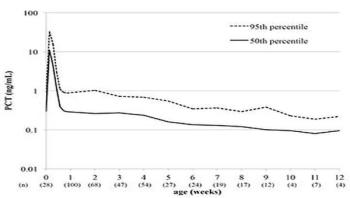
A research group led by Kobe University professor Morioka Ichiro (Graduate School of Medicine, Department of Pediatrics), associate professor Osawa Kayo (Graduate School of Health Sciences, Department of Biophysics), and clinical technologist Sato Itsuko (Kobe University Hospital, Department of Clinical Laboratory) is proposing a new criterion for diagnosis of bacterial infection in preterm infants. Using this method could lead to early diagnosis and treatment for bacterial infection and improve the prognosis for preterm infants. These findings were published in the online version of the journal Scientific Reports on April 1, 2016.








